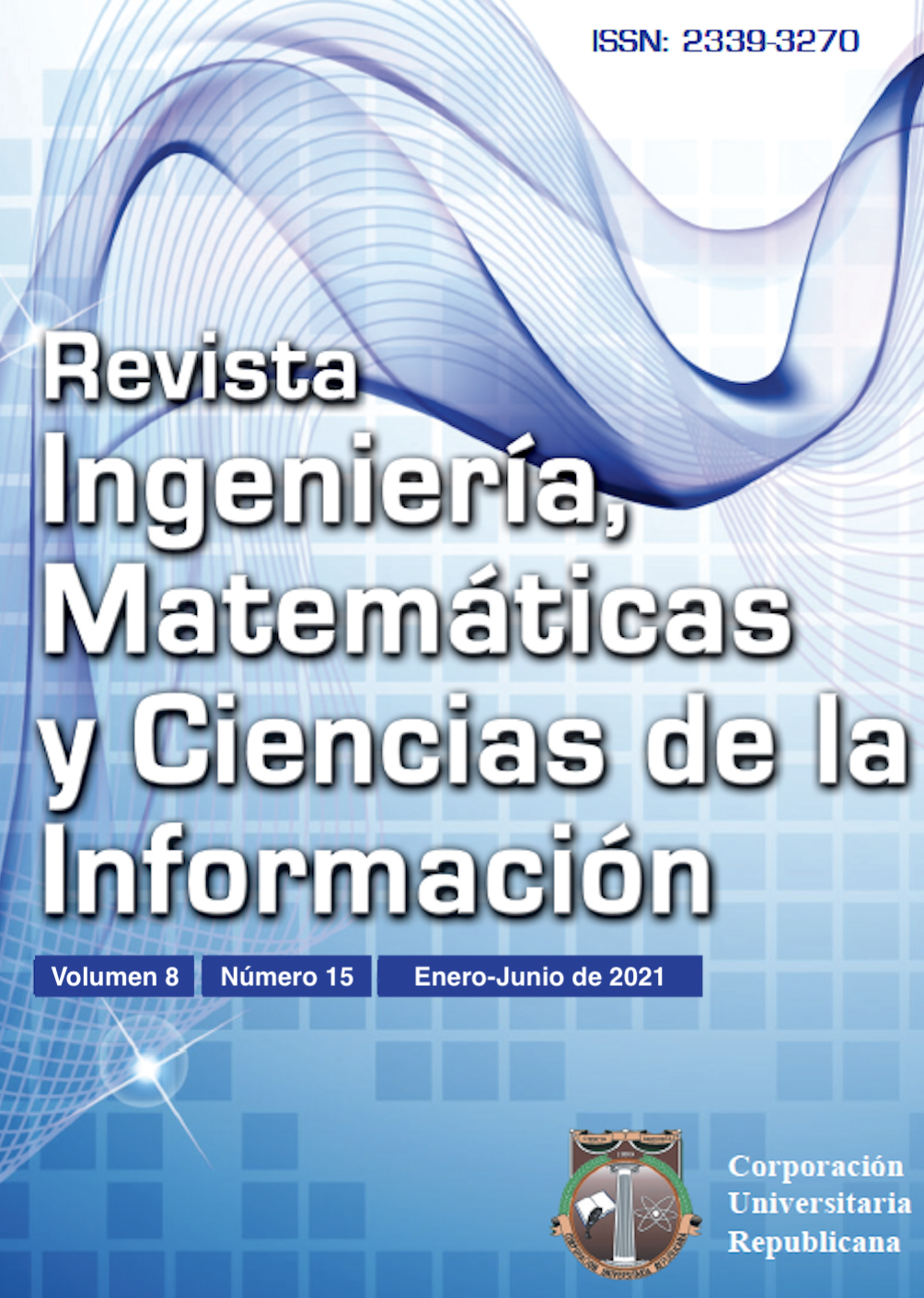Standardization of the consumables process in the Senado de la República of Colombia
ESTANDARIZACIÓN DEL PROCESO DE CONSUMIBLES EN EL SENADO DE LA REPÚBLICA DE COLOMBIA
Show authors biography
The state entities of a country have the responsibility of applying and promoting in their territory, the fulfillment of the Sustainable Development Goals proposed by the United Nations. Among these, is the “guaranteeing sustainable consumption and production modalities” [1]; one of its goals is that, by 2030, the generation of waste should be “considerably reduced through prevention, reduction, recycling and reuse activities”. In the case of the Senate of the Republic of Colombia, interested in meeting these objectives, a consistent methodology is presented for the standardization of the consumables process (waste associated with office products such as paper, plastic, cardboard, mixers, glasses, etc.), which has an important role within the institution in relation to the optimization of resources. The applied method was based on engineering tools that allowed the analysis and evaluation of the procedures that have the greatest influence, which resulted in the completion of all the documentation of the process, with their respective execution times, indicators and impact evaluation. The application of these guidelines will allow greater control over the management and final disposal of the remaining products, which constitutes progress and development in the procedural and environmental aspects aimed at being a sustainable organization.
Article visits 1076 | PDF visits 705




